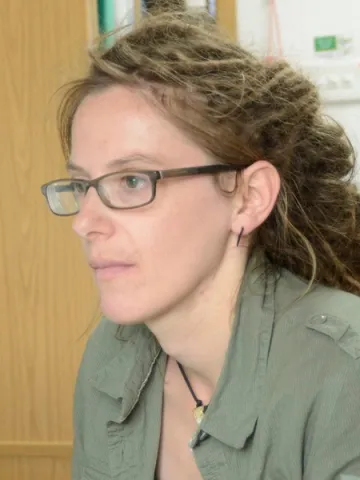About the project
Flocculation and aggregation are critical in determining the bio-physical function of estuaries and deltas, controlling cohesive sediments settling speeds and bed stability. The project will use existing novel datasets to improve our understanding of how coupled biological-physical processes control flocculation and translate this into new flocculation parameterisations for predictive modelling.
Cohesive sediment transport processes help control the geomorphology of estuaries and deltas and influence many of the ecosystem services these environments support, impacting millions of people inhabiting their shores. Flocculation, deflocculation and aggregation lead to variability in the properties of fine-grained cohesive sediments, which determines their settling speed, their transport and fate, and the resulting stability of the seabed. Predictive models for the properties of flocs and their subsequent transport are essential to implement effective management of estuaries and deltas, including nature-based solutions to coastal hazards. However, these models are hindered by epistemic uncertainties often reaching orders of magnitude. A significant challenge that results in these uncertainties is accounting for the coupled biological-physical processes that drive flocculation.
The project will use novel datasets already collected under the BLUEcoast project in several UK estuaries to explore and unravel the coupled biological-physical controls on estuarine flocculation. These datasets combine hydrodynamic measurements with suspended sediment measurements, holographic imaging of flocs, and biogeochemical measurements. Data processing and analyses will involve the use of machine learning techniques for image analysis and pattern recognition, time series analysis, and statistical analyses. New laboratory experimentation can be used to supplement these datasets.
Specific research questions that the project may seek to address are: How does biological variability combine with physical variability to control floc characteristics? What are the roles of episodic or stochastic drivers on flocculation? What is the role of particle provenance on floc characteristics? How does including coupled biological-physical processes modify existing parameterisations of flocculation?
Supervisory team
The supervisory team includes supervisors from several organisations, including our INSPIRE Partners. Please contact the Lead Supervisor for more information about the team.
Training
The INSPIRE DTP programme provides comprehensive personal and professional development training alongside extensive opportunities for students to expand their multi-disciplinary outlook through interactions with a wide network of academic, research and industrial/policy partners. The student will be registered at the University of Southampton and hosted at National Oceanography Centre, Liverpool, Specific training will include:
- Processing and analysis of coastal hydro and sediment dynamics datasets from acoustic and optical instruments using Matlab and/or Python programming languages
- Coastal observations, including learning about design, setup, and delivery of observational campaigns and opportunities to contribute to fieldwork for coastal monitoring
- Machine learning for image processing
- Statistical analysis
